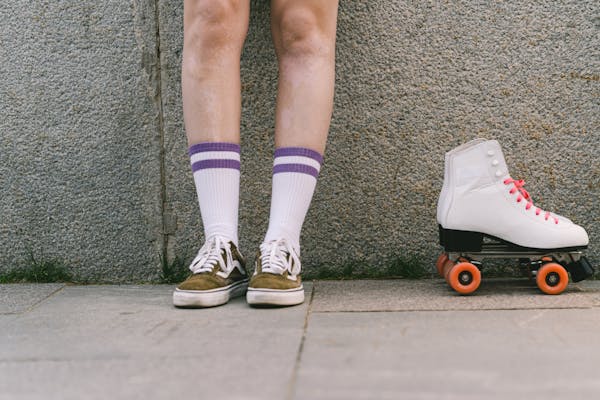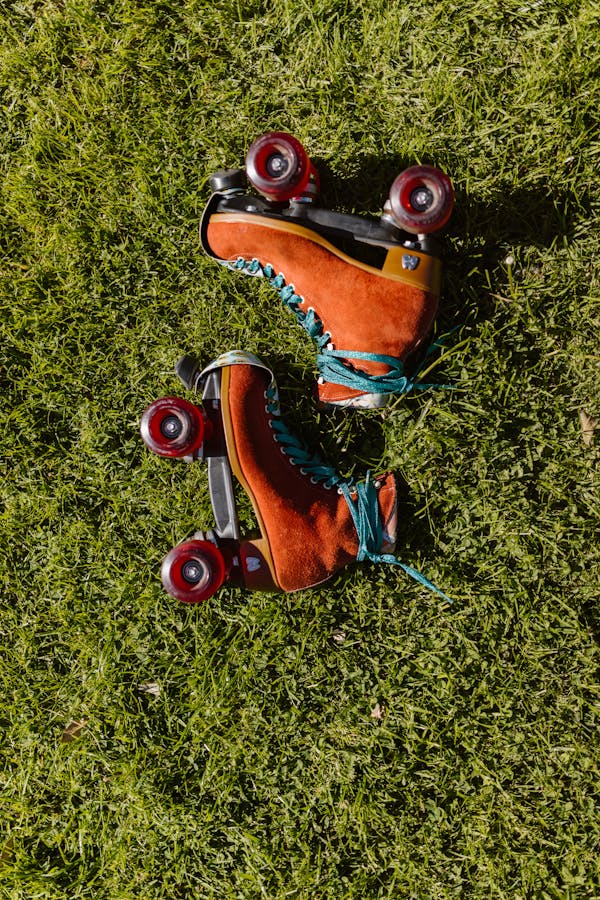Roller skating isn’t just for the young, it’s a fantastic activity for seniors too! Beyond its reputation for fun and excitement, roller skating offers a host of benefits that can greatly enhance the well-being of older adults.
From improved balance and strength to increased social interaction, here’s why seniors should consider lacing up their skates:
Roller Skating Helps Seniors Improve Their Balance
First and foremost, roller skating is an excellent way for seniors to improve their balance and coordination. The act of gliding on wheels requires constant adjustments in weight distribution, which can help seniors strengthen their core muscles and improve stability. Over time, regular skating can lead to better balance, reducing the risk of falls and injuries—a common concern among older adults.
Roller Skating is a Low-Impact Workout
Additionally, roller skating provides an effective low-impact workout that promotes cardiovascular health and strengthens muscles. Skating engages multiple muscle groups, including the legs, core, and even the arms, leading to improved strength and endurance. Plus, the rhythmic motion of skating can be gentle on the joints, making it an ideal exercise for seniors with arthritis or joint pain.
Roller Skating Helps Build a Community
Beyond the physical benefits, roller skating also offers valuable opportunities for social interaction and community engagement. Skating rinks often host events specifically for seniors, providing a welcoming environment for older adults to connect with peers, make new friends, and enjoy each other’s company. Whether it’s participating in group skate sessions or joining a roller skating club, seniors can find camaraderie and support within the skating community.
For seniors who are interested in starting roller skating, here are a few tips to get started:
1. Start Slow
Begin with gentle, controlled movements to build confidence and familiarity with skating.
2. Invest in Proper Gear
Make sure to wear well-fitting roller skates and protective gear, including helmets, knee pads, and wrist guards, to prevent injuries.
3. Take Lessons
Consider taking lessons from a qualified instructor who can provide guidance and support tailored to your skill level and goals.
4. Practice Regularly
Set aside time for regular practice sessions to improve your skating skills and build endurance gradually.
By embracing roller skating as a fun and fulfilling activity, seniors can enjoy the physical, mental, and social benefits that come with gliding on wheels. So why wait? Lace up your skates and start your new adventure here at Rollerland filled with joy, laughter, and lifelong memories.



